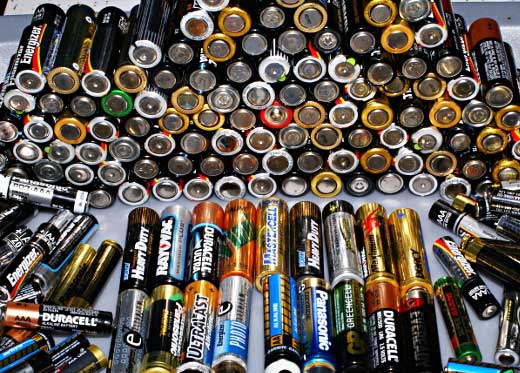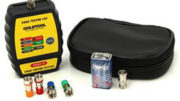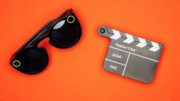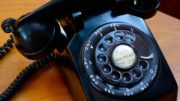There’s a story that goes something like this. In a case that came before the Supreme Court in 1964, the court was asked for a definition of hard-core pornography. In this case, Justice Potter Stewart said, “I know it when I see it.” When it comes to electronic waste, there are many definitions but “I know it when I see it” is a pretty good one.
Electronic waste laws vary from state to state
In many states, there’s no law saying you have to recycle your used electronics. In other states, you are not only required to do it, but practically any store that sells electronics as a primary line of business has to take electronic waste. California is the most scrupulous in the way it handles the question, which probably doesn’t come as a surprise.
There’s also your conscience to consider. There are a lot of things in this world that aren’t against the law, but we don’t do them nonetheless. We make choices based on what makes sense to us, and what we think makes the world a better place for us and our kids. There’s nothing wrong with that. In fact, it’s one of the things that many people would say makes America the place that it is.
So what is electronic waste?
Because laws vary widely, you have to try to understand the intent behind them in order to answer that question. Our electronic world is only made possible because of elements that are poisonous to us. We tend to refer to most of them as “heavy metals,” to borrow a term from high school chemistry. Elements like lead, antimony, cadmium, lithium, and manganese poison our groundwater. Yes, they came from the earth somewhere, but generally these elements are highly refined into a poisonous state in order to be used in our electronics. When you dispose of something like that in a landfill, the heavy metals leach out and get into the water supply. Eventually they affect the crops we grow. So it’s a good idea not to bury stuff like that in landfills.
But how do you know if your stuff has heavy metals in it? Look for three things that will tip you off. The first is some sort of battery. If the thing can be recharged, it’s electronic waste. Another thing to look for is some sort of screen. Liquid-crystal displays, found on everything from watches to giant TVs, are poisonous. And, if you really want to be a stickler, anything with a circuit board has lead solder on it. It may only be a tiny amount, but it does add up.
If you’re looking around you now, wondering what isn’t electronic waste based on that definition, you’re on the right track.
Let’s not forget plastics
The plastics we make today will last hundreds and hundreds of years in landfills. Before they break down completely, they’ll break into tiny particles that will be digested by ever smaller animals, and then eventually by us. Those plastic particles take the place of food, and so animals can starve or get sick from eating them and trying to digest them. Practically everything in our electronic world has some sort of plastic in it, and if you don’t recycle it, it’s going to be around for a while.
What can you do with electronic waste?
This really depends on where you live. If you’re in California, you can take it to literally any electronics store even if you didn’t buy it there. Even Amazon has to take it, although they don’t have to pay for the shipping. If you live in another state, you should check with your city or county government. There may be designated sites for e-waste and household hazardous waste. Sometimes there are one-time events that come to town where you can drop off your stuff. It really depends.
Friends, I’ve been accused of being a treehugger and I am most definitely not. But I do believe that I’d prefer to live in a nice looking world, and dealing with electronic waste is one way to do that.
By the way, once you’ve disposed of all your current electronic waste, that gives you space for more gadgets! Get what you need when you shop at Solid Signal. If you have questions before, during, or after the sale, call us at 888-233-7563. We’re here for you during East Coast business hours. If it’s after hours, fill out the form below. We’ll get back to you, usually within one business day.





